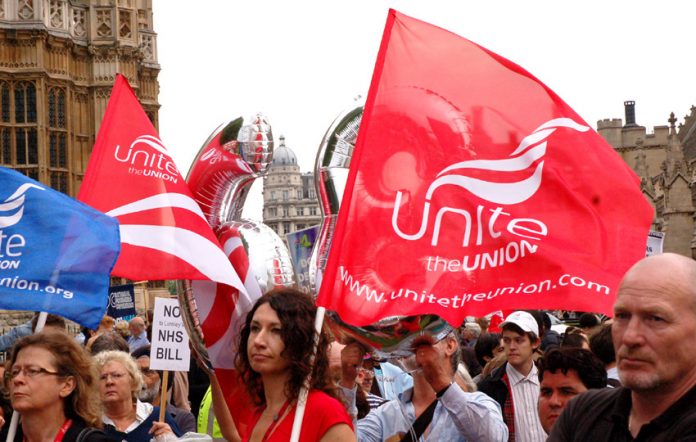IF the government’s proposed changes go ahead, ‘private companies would be entitled to run much of the NHS’ and ‘market forces would determine the way many health services are provided’, says public interest lawyer Peter Roderick.
Roderick reached these conclusions following a report issued by the Department of Health which was published two weeks ago in response to a set of ‘fundamental legal questions’ posed by authors of the dutytoprovide.net website.
They explain: ‘We were gravely concerned that the newly-amended Health and Social Care Bill would undermine the legal basis for the NHS.
‘For example, it would leave no elected (or other) body with a “duty to provide” specific listed health services and would leave health provision in England, and decisions on priorities in health provision, largely to the discretion of clinical commissioning groups.
‘Peter Roderick’s conclusions are also informed by early stages of a legal consultation sought by a group of concerned people including the authors of the website and the campaign group 38 Degrees (and kindly funded by 38 Degrees members) which we will report on in more detail soon.
‘In summary, Peter Roderick says several specific legal components in the Bill are of paramount concern:
1. ‘There will be no legal duty on the Government to provide health services;
2. ‘A new “hands off clause” limits the Government’s ability to intervene should healthcare provision be deemed inadequate (the clause says clinical commissioning groups — the new agents of health provision which can include private companies — must be “free” to exercise powers and duties without “unnecessary burdens”);
3. ‘Existing procurement and competition laws would apply, and are also enhanced by the Bill;
4. ‘The private income cap (which currently ensures only a limited portion of a health trust’s income can be from private patients) will be removed;
5. ‘The powers and duties of a commissioning group, including its abilities to award contracts and charge for commercial activities, could be exercised by a private healthcare company.
‘We are forced to conclude that, taken together, these components open the way for private companies to determine much of English healthcare.
‘They mean that our initial concern, and our reason for establishing this website, remains: namely that the fundamental legal basis for the NHS, which was put in place in 1946, will be removed by the Government’s Health and Social Care Bill.’
An open letter to MPs from consultants’ and doctors’ representatives urges reject Health Bill
The letter states: ‘Dear Member of Parliament,
‘On 6th and 7th September Andrew Lansley’s Health and Social Care Bill returns to the House of Commons for its report stage and 3rd reading.
‘Little of significance has changed after the unprecedented “pause”. In fact, NHS bureaucracy is now set to become even more complicated.
‘The public do not want these “reforms”. And neither do health professionals.
‘There is no evidence to support the “reforms”. Furthermore, a recent study shows the NHS is extremely cost-effective and fares best for free access to healthcare.
‘The Bill will inevitably lead to further privatisation of the NHS and will promote asset stripping of the Health Service.
‘Doctors are already worried about conflicts of interest. Many now recognise this Bill as the death warrant of the NHS and opposition is growing both inside and outside Parliament.
‘We urge you to read the supporting evidence in this dossier and work with us to overturn this Bill.
‘If this Bill is passed patients in England will lose their highly regarded, cost-effective, national health service.
‘This is your opportunity to help stop the destruction of England’s National Health Service, which the electorate values so highly.’
Signatories include Peter Fisher, President, NHS Consultants’ Association, and Harry Keen, President, NHS Support Federation.
Meanwhile the BMA GPs Committee (GPC) Chairman, Dr Laurence Buckman, has expressed surprise at Cameron’s claims that health professionals support the Health Bill.
‘The health unions are all against it, and if you add up the nurses and health workers, GPs from the (Royal) College (of GPS) and GPC, and doctors the BMA, I’m not sure who Cameron thinks is enthusiastic about it,’ said Dr Buckman.
GPs oppose Health Bill
Stressing it was important to distinguish between the health bill and GP commissioning, Dr Buckman added: ‘If you ask GPs, are you interested in commissioning, I think they’d say yes.
‘But if you ask if they want the health bill, I think from what I’ve listened, they’d say no.
‘People who are interested in GP commissioning have been doing it for years and they don’t need a health bill to do it.’
